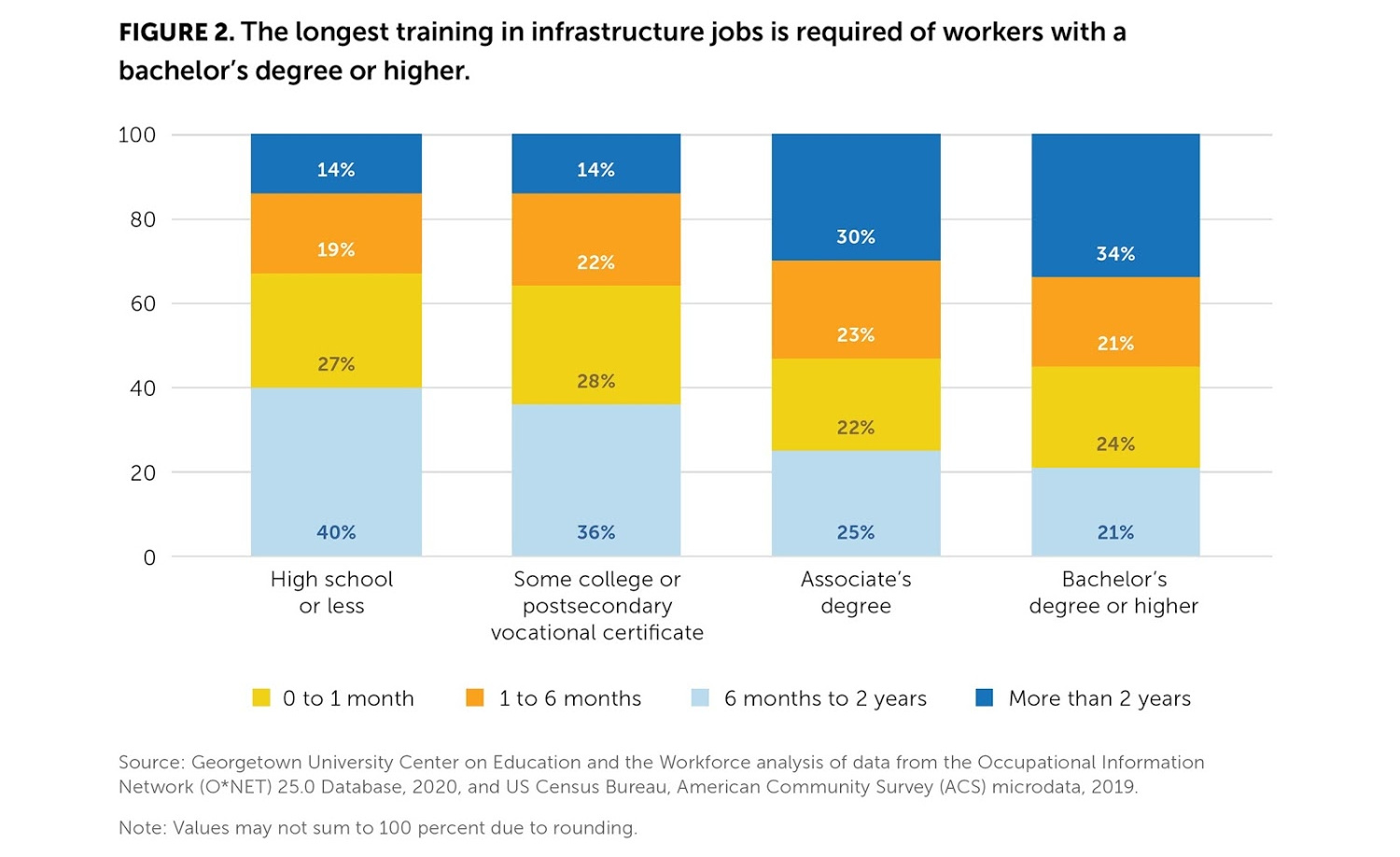

The account has long lacked revenue to support federal spending on highways, driving the Treasury Department to consistently have to transfer money.

The government has had its eyes for a while now on a driving fee to provide needed revenue to the Highway Trust Fund. “We already know the government is unable to keep data like this secure, which is another reason why the government maintaining a giant database of travel information about people in the United States is a bad idea.” Still, Vitka said the concept could put Americans’ private data at risk. As the four-year pilot initiative goes on, the Transportation and Treasury departments would also have to keep Congress informed of how they maintain volunteers’ privacy and how the per-mile fee idea could affect low-income drivers. The bill would establish an advisory board to guide the program that would include officials representing state transportation departments and the trucking industry as well as data security and consumer privacy experts.

“Senator Wyden also believes more study and oversight of privacy issues is necessary before a permanent is adopted.” “He is opposed to all approaches that lead to the persistent location tracking of personally owned vehicles, but supports creative pilots to find other solutions,” Wyden spokesperson Keith Chu said in an email.


 0 kommentar(er)
0 kommentar(er)
